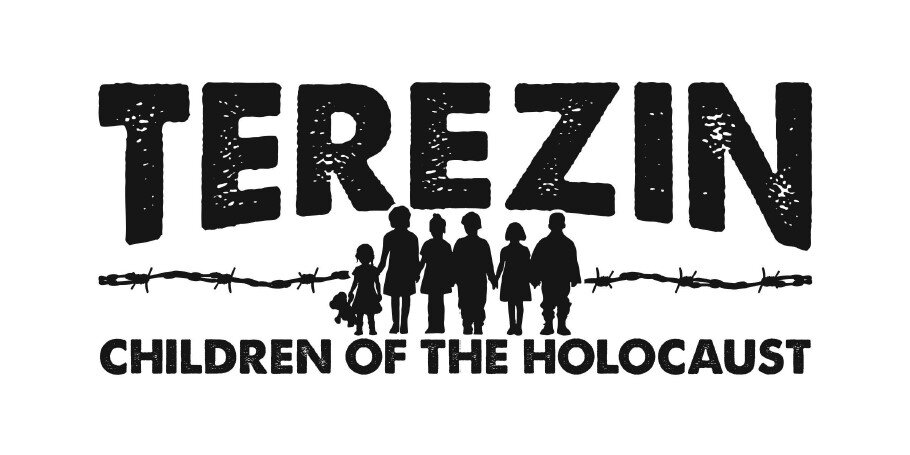Terezin - The Play
“Never, never be afraid to do what’s right, especially if the well-being of a person is at stake. Society’s punishments are small compared to the wounds we inflict on our soul when we look the other way.”
Anna Smulowitz facilitates a question-and-answer session with the cast following a live performance.
Terezin: Children of the Holocaust, the recipient of the 1984 Children's Television Drama Award, is a play that provides a vast historical context within which to examine the critically important issues of hatred and discrimination unchecked. Playwright and director Anna Smulowitz, the daughter of Auschwitz survivors, wrote this play in order to sustain and preserve the memory of the six million Jews who lost their lives during the Holocaust, including many among her immediate family.
Terezin depicts two days within a cell at Theresienstadt, or Terezin, a concentration camp outside of Prague that imprisoned hundreds of thousands of Jews from across Europe, including over 15,000 children. The play is the story of six of these children and chronicles two days of their lives at the Terezin concentration camp before being deported to Auschwitz. The drama takes place during the International Red Cross inspection of the Terezin concentration camp on June 23, 1944. Each of the six characters signifies one of the six million Jews who perished during the Holocaust.
While the play suggests the grim reality of what lies ahead for the children of the camp, it is also a portrait of the unabashed ability of hope that lies in the heart of a child, and the triumph of spirit many were able to achieve through their personal relationships and their artwork. The play is an impassioned work remembering the more than one million children whose lives would so horrifically be stolen by the Nazis.
Terezin can be used to introduce some incredibly difficult subjects to students, such as racism, antisemitism, intolerance, and discrimination, whether on the basis of religion, gender, age, national origin, race, or sexual orientation. The play can also serve to educate students about the Holocaust and other devastating chapters in our history and to ensure that this kind of reckless hate never takes place again.
The goal of the play is to spread a profound message of healing and hope and to help others join the fight against hate. The play has a universal message that “no child is born a racist” and calls on each generation to prevent hatred and violence in today's world.
Terezin has toured schools, colleges, and theaters throughout the United States and internationally for more than 50 years and has been translated into several different languages. The play has been performed off-Broadway at The Tank in New York, the Edinburgh Fringe Festival in Scotland, in Germany, including in Berlin and near Frankfurt, in Cuba, Panama, as well as at Camp Terezin in the Czech Republic and at Auschwitz in Poland.
Performances of Terezin are approximately 65 minutes and are generally followed by questions and conversations among our cast and the audience. This play is appropriate for children ages 12 and up, as well as for adults.
Click here for reviews of Terezin: Children of the Holocaust.

